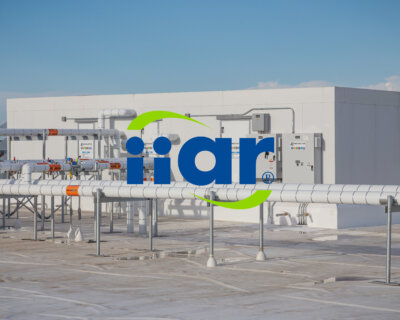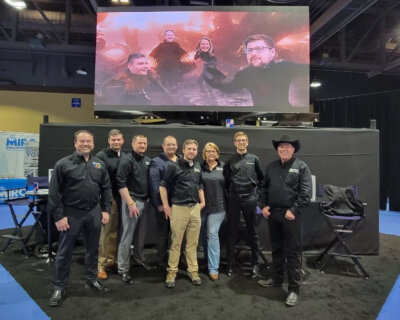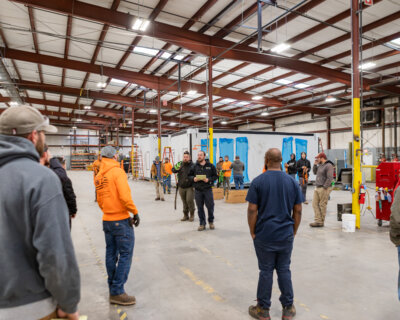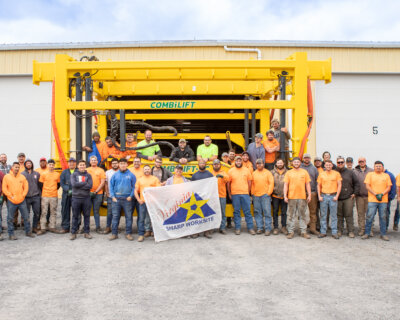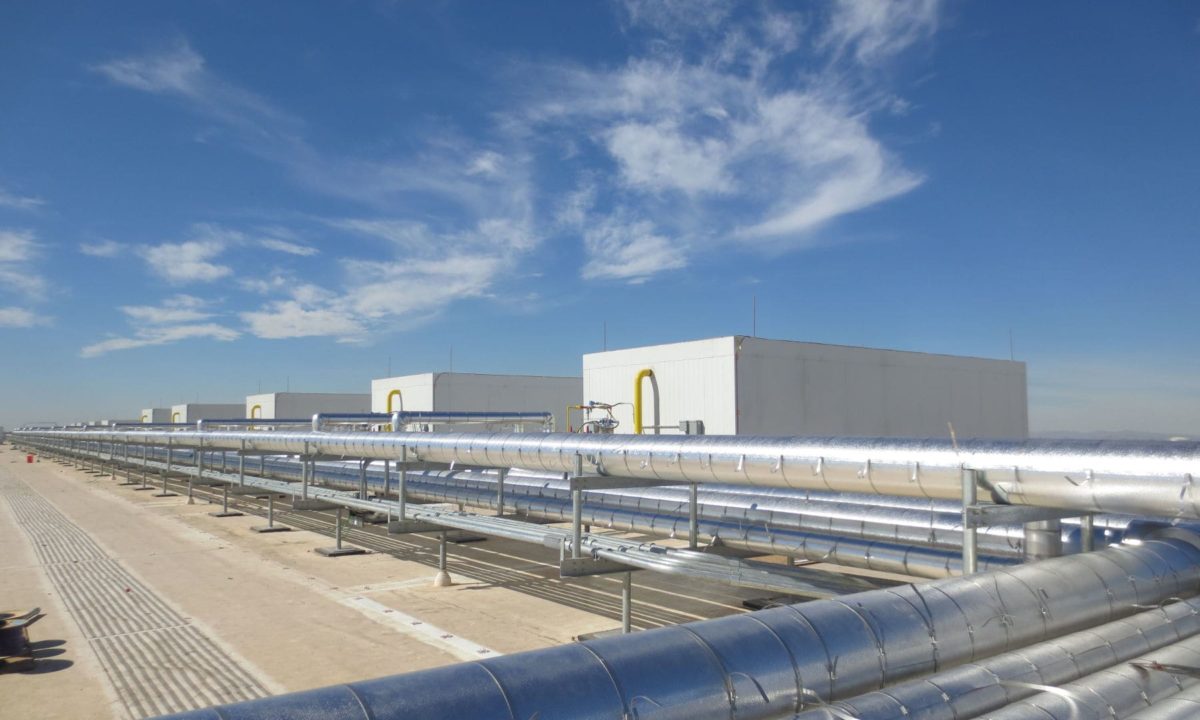
What is Mechanical Integrity?
Today on the R717 blog, we’re exploring the concept of Mechanical Integrity.
What is Mechanical Integrity?
Mechanical integrity (MI) is just one of the 14 elements included in Process Safety Management (PSM), driven by the OSHA 1910.119 standard, which reads that “Mechanical Integrity means the process of ensuring that process equipment is fabricated from the proper materials of construction and is properly installed, maintained, and replaced to prevent failures and accidental releases.”
What Equipment is Involved?
Mechanical Integrity is primarily centered around fixed equipment. Some examples might be pressure vessels, dispersion tanks, piping systems and attached hardware (valves, fittings, etc), relief devices, vent hardware, and emergency shutdown/control systems. Rotating equipment/assets, such as pumps, blowers, fans, and compressors that may be used to move hazardous materials within these systems, are also included. In many cases, this means that all equipment within the boundaries of a facility is subject to the Mechanical Integrity PSM standard.
Who should perform Mechanical Integrity Inspections?
Personnel involved in any MI Inspection must receive mandatory training — including regular in-service review sessions — in order to properly work with MI-regulated equipment. Effective MI programs validate and document personnel training, noting whether or not staff members can properly demonstrate what they’ve learned.
Certifications are important to ensure that your program is recognized by OSHA. Contractors, technicians, and any other individual that may become involved in the MI program should understand the hazards that are present, as well as the mitigating strategies that are in place to manage potential incidents.
Why Do We Conduct Five Year Mechanical Integrity Inspections?
Mechanical Integrity inspections are conducted in order to preserve the efficiency and longevity of equipment assets. More importantly, inspections play a vital role in preventing injuries and ensuring the overall safety of a company’s employees.
For that reason, a Five-Year MI Inspection includes a thorough analysis of the entire refrigeration system. Trained mechanical engineers view all equipment, documentation, and operating conditions. Five-Year MI’s should also initiate follow-up consultations to discuss the results, as well as documented recommendations to mitigate any potential issues found during the inspection.
To learn more about Mechanical Integrity Inspections and the benefits they can offer your facility, contact sales@r717.net or call (540) 246-0697.


